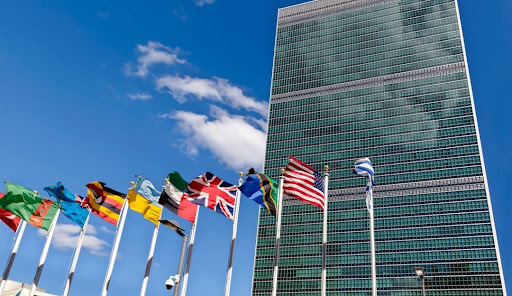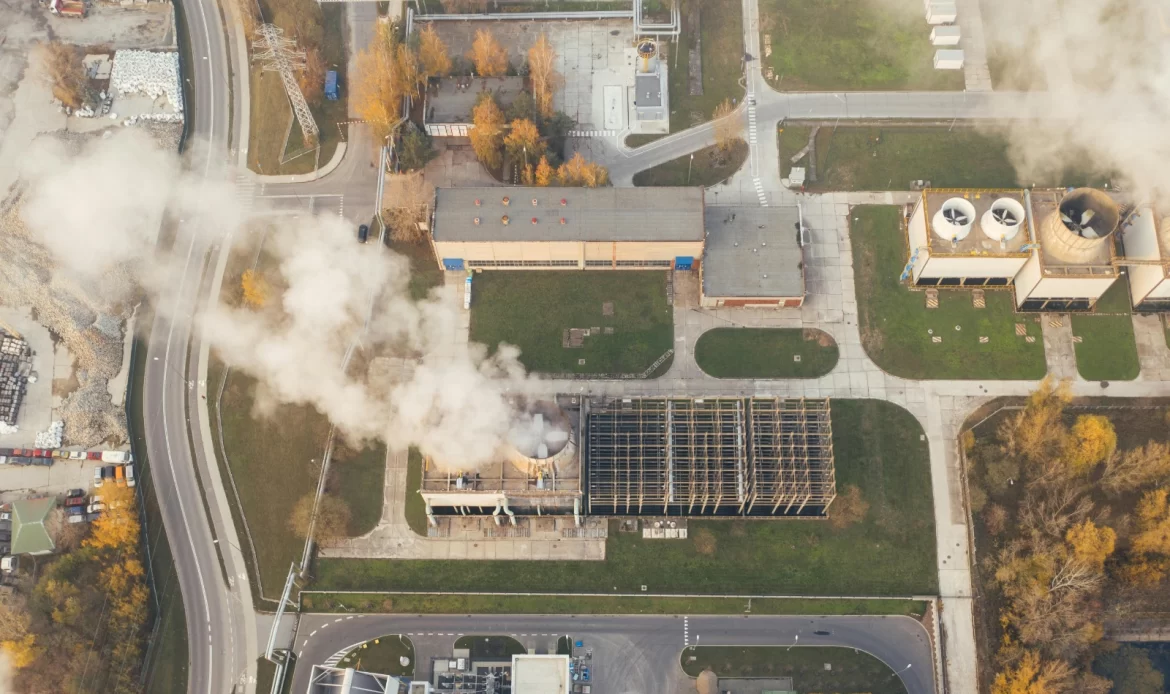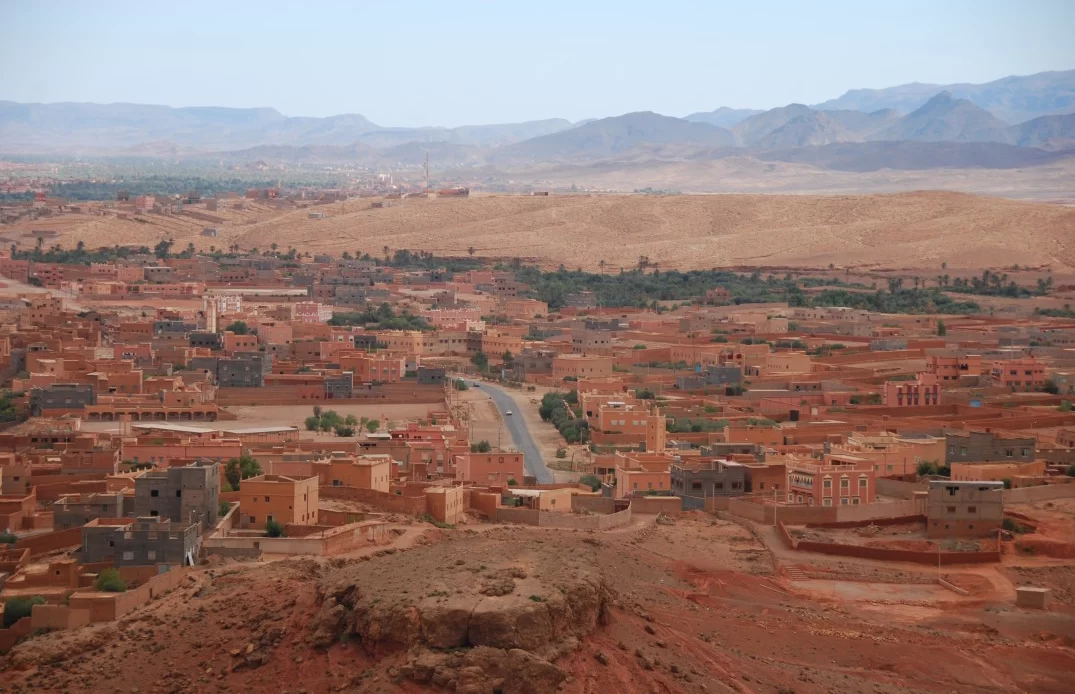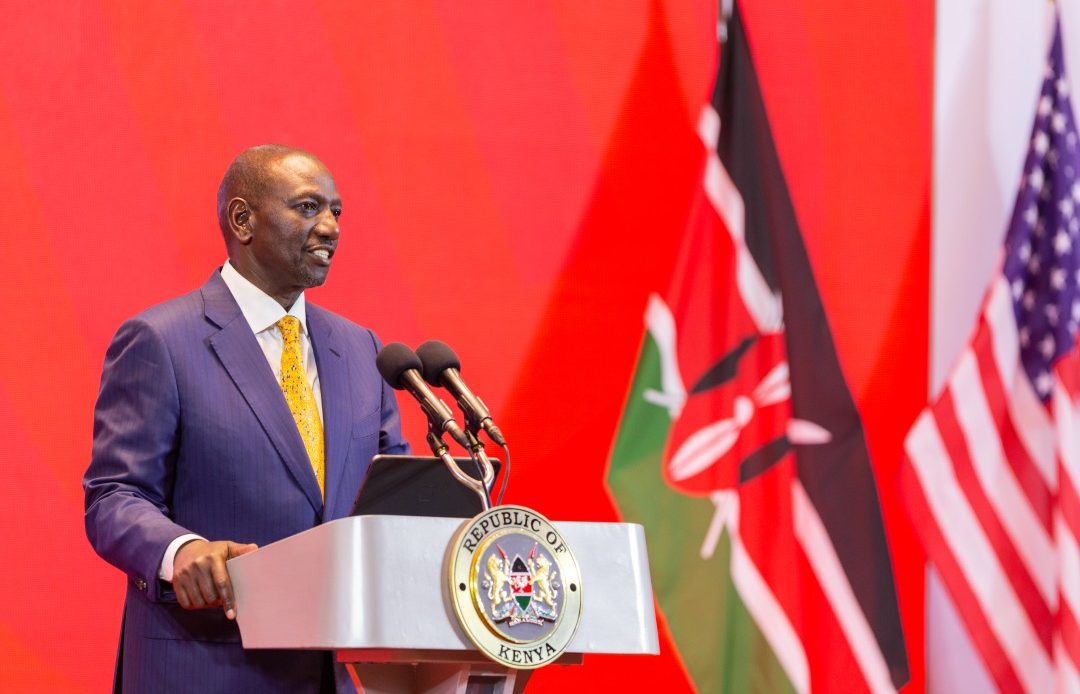Tech interventions for global challenges are often assumed to emerge from Silicon Valley or elsewhere in the West. Rarely are African countries recognized as frontiers for innovation and technology. Fortunately, COVID-19 has presented an opportunity to change these perceptions and push more African countries into the spotlight for their tech-based management of the pandemic, with Rwanda as an especially exceptional case.
Rwanda’s Legacy of Supporting Tech And Innovation
Historically, Rwanda has been keen on carving its image as a country keen on embracing its digital futures. In 2015, the government launched their SMART Rwanda plan, its national ICT strategy roadmap for transforming the country into a knowledge based economy anchored on innovation and digital transformation. The country has also been positioning itself as a technology hub by attracting foreign tech companies, startups and manufacturers. So far, Volkswagen and Positivo have both opened manufacturing plants in Rwanda, and the country has built partnerships with Zipline, Andela and CC Hub. The country is also building a USD 2 billion Innovation City where it hopes to create a tech and innovation ecosystem and generate USD 150 million in annual ICT exports. The Kigali Innovation City will also house universities that will increase the country’s technology talent pool. Last year, the country launched both the first smartphone manufacturing facility and the first Africa-bred smartphone, the Maraphone. Rwanda’s strong digitization effort has translated to tech-based COVID-19 solutions, including mobile money, drone technology and robotics.
The Mass Migration to Digital Transactions during COVID-19
As claims arose that paper money could be a key agent in spreading COVID-19, governments turned to mobile money and put in place incentives to promote its uptake. While Kenya is reputed as the face of mobile money, Rwanda made heads turn as by April, one month after lockdown, the country recorded mobile money transactions worth five times pre-pandemic norm. This rapid uptake was spurred by the lockdown and incentivized by economic measures put in place by the National Bank of Rwanda. These incentives included the removal of mobile money transaction charges and an increase in limits for mobile money transfers. The Rwandan government has also encouraged businesses to incorporate cashless systems, such as the directive to motorcycle taxi drivers to install metering devices on their vehicles. Soon cashless technology will be the only way to pay motorcycle taxi drivers in the country. It is notable that the country already has a cashless bus commuter system called ‘Tap & Go’.
Drones for Fast Deliveries and Better Surveillance
The use of drones is hardly new to Rwanda. Since 2016, Zipline, a Silicon Valley startup, has been pivotal in helping Rwanda achieve health goals through the use of drones to deliver medical supplies to far flung regions in Rwanda. Zipline was first used to deliver blood and blood products to 21 hospitals in Rwanda but now delivers medical supplies to more than 2500 hospitals and health facilities in the country. The use of drones in emergency supply deliveries has since cut delivery time from 4 hours to up to less than 15 minutes and has been a key solution in saving lives. This year, Zipline has been pivotal in the transportation of COVID-19 supplies and coronavirus test samples to and from remote locations in Rwanda and Ghana. This has been really important in enabling access and reducing the vast inequalities in access to COVID-19 testing and health care. Drone technology has also been replicated by the Rwanda National Police who deployed drones to spread COVID-19 awareness messages and monitor movement of people during the lockdown. Surveillance drones were quite helpful in aiding police to monitor places where actual troops could not be deployed.
Harnessing Robotics to Maintain Balance in Healthcare System
As countries all over the world deal with a drastically limited COVID-19 patient-to-healthcare worker ratio, Rwanda has found a way to prevent the overburdening of the healthcare system. In May 2020, the country launched the use of robots in the fight against COVID 19. The 5 high-tech robots will reduce contact between healthcare workers and patients and undertake tasks such as mass temperature screening, food and medication delivery to patients and even COVID-19 testing. The robots can screen between 50 to 150 people per minute and will go a long way in easing the care burden on doctors. Another African country doing this is Tunisia, with autonomous surveillance robots being deployed to enforce lockdown measures.
Conclusion
While it remains to be seen whether these tech solutions helped contain Rwanda’s COVID-19 pandemic, as of June 2020, Rwanda has recorded the second lowest number of known COVID-19 infections and deaths in East Africa, after neighbouring Uganda. This could be attributed to the Rwandan government’s high-tech approach, coupled with other measures such as mandatory quarantine for returnees, extensive testing, and contact tracing. While Rwanda has not yet adopted more sophisticated technology like Artificial Intelligence(AI) and contact tracing apps, the country’s efforts are laudable and way ahead of many others. As the media covers how governments all over the world are using tech solutions towards the coronavirus pandemic, it is important that Rwanda is recognized as a frontrunner in this field and a blueprint that other African nations can follow.





